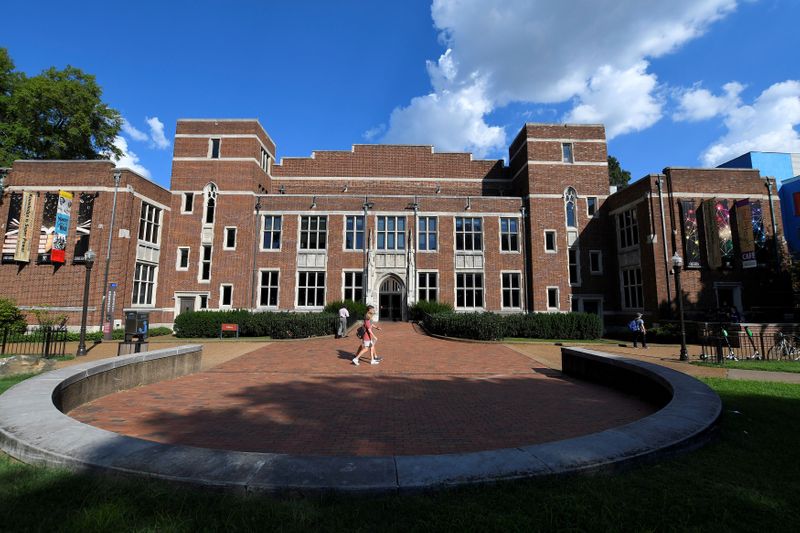NEW YORK (Reuters) – The coronavirus pandemic has disrupted in-person education and student life, leaving U.S. colleges and universities scrambling to make plans for the fall semester and beyond.
As part of our weekly #AskReuters Twitter chat series, Reuters gathered a group of experts to discuss what is next for higher education. Below, they share their views on what changes colleges will need to make to succeed in the “new normal.”
“Colleges need to get creative with their learning methods. For example: larger areas with extra space for classes, revised meal accommodations and flexible arrangements for living. It’s actually somewhat exciting for the creative minds out there and brings the opportunity for campuses to show how they are unique by stepping outside of what we think of as the ‘traditional’ college learning environment. I think the crisis has really shined a light on campuses who need tuition dollars to keep the lights on. I expect we will see more consolidation and actual closures as a result of COVID-19.”
— Melissa Bassett, business lead for private student loans at Social Finance Inc. (SoFi), a student online lending company
“1. Cut necessary costs, facilities, and ancillary programs or entertainment. 2. Enrich online learning. 3. Offer degree programs that are more flexible and tailored for distance learning. 4. Reduce tuition, but increase enrollment.”
— Janet Alvarez, executive editor at Wise Bread, a personal finance website
“Building community through social distancing will be key to ensuring a robust social and academic experience. Focusing on equity in the process is especially important. How are we bringing everyone into the conversation? How does remote teaching bias some student voices over others and how can we mitigate that?”
— Dana Mortenson, CEO of World Savvy, a global education initiative
“Meet students where they are, put more effort into building sustainable remote learning environments for both students and faculty. Remove the addiction to student loans.”
— Austen Allred, CEO at Lambda School, an online computer science bootcamp
“As colleges brace for massive financial strain, they’ll need to find new ways to reduce costs without sacrificing quality. Leveraging technology to support operational efficiency and student engagement will be critical to institutional sustainability.”
— RedShelf, a digital textbook company
“Colleges will need to consider scaled pricing based on in-person vs. online education, as students probably won’t want to pay the same prices for online education. Schools might also need to adapt dorm life to accommodate socially distancing, as well as plan for sudden changes or another shutdown.”
— Rebecca Safier, student loan counselor and writer with Student Loan Hero, a student loan advice website
“Colleges are going to have to figure out how to build affinity among students who are no longer in physical proximity. We think we’ll see innovation in building online students cohorts.”
— Megan O’Connor, entrepreneur in residence at Kaplan, a test preparation company
“Colleges need to meet the unique needs of students taking online classes for the first time. Out of the box idea: offering set class times for students needing structure vs. task/completion date courses for students who need to work while going to school.”
— Ashley Jacobs, director of marketing for Wise Bread
(Editing By Lauren Young and Sonya Hepinstall)

















